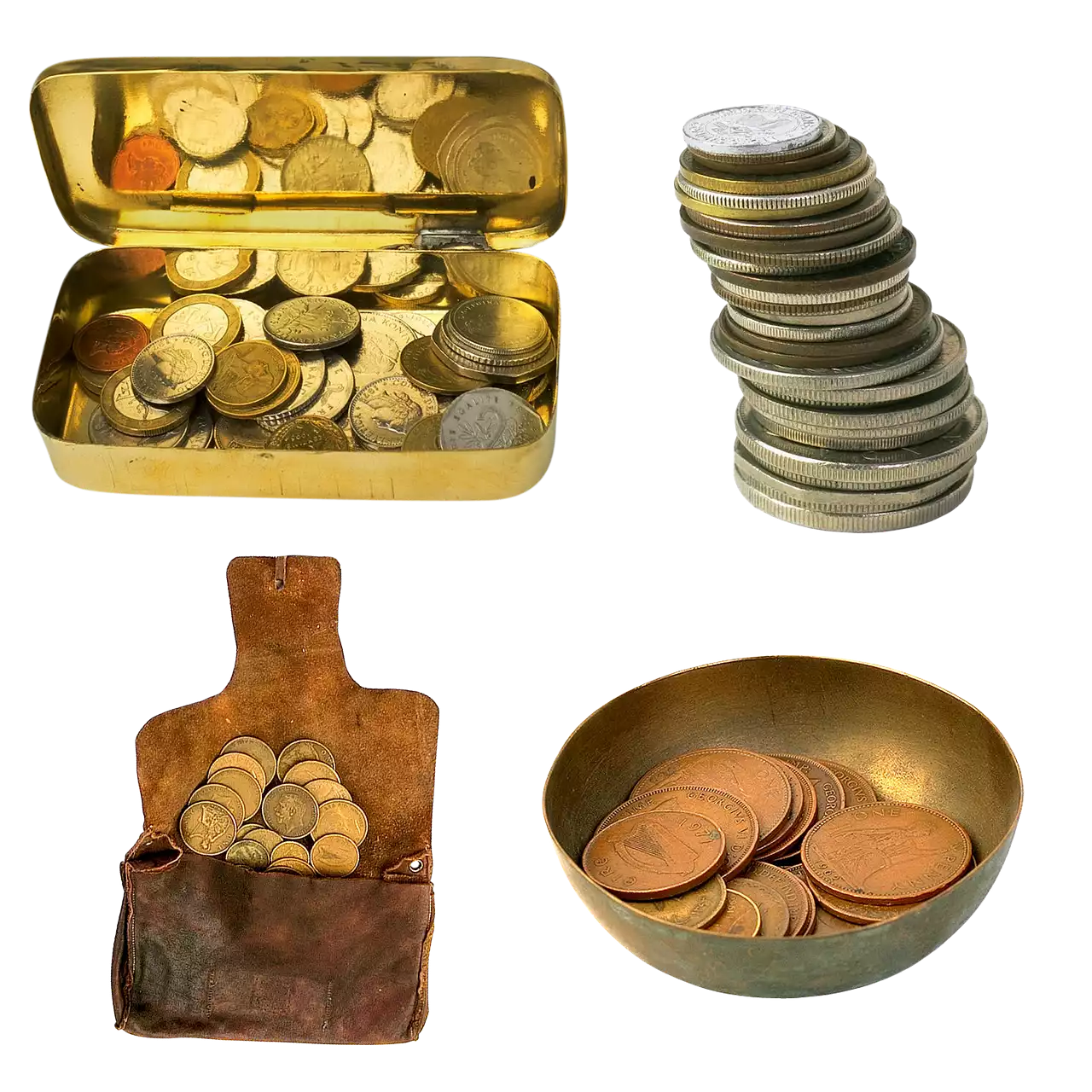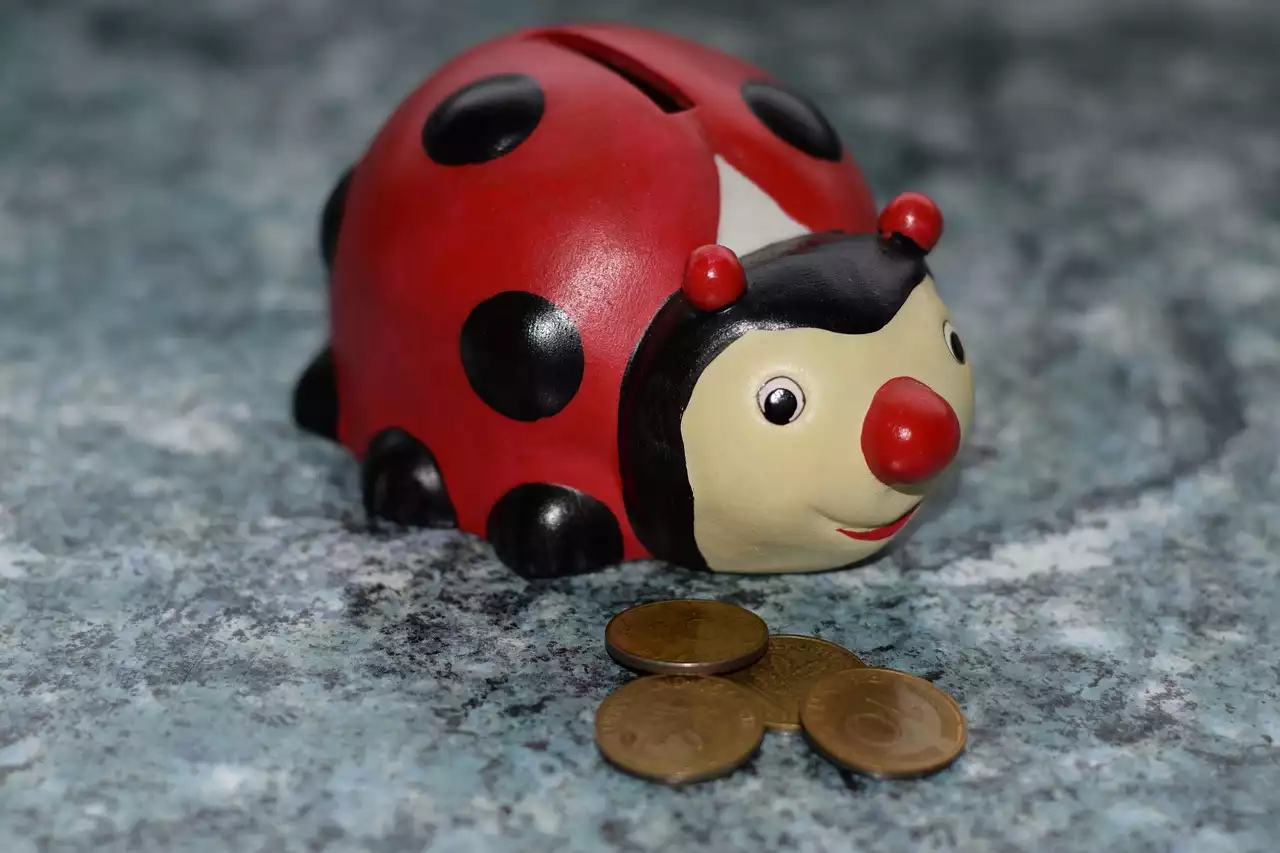Reasons to get life insurance
Life insurance is a tool to protect your loved ones from financial hardship in the event of your death. The death benefit from a life insurance policy can be used to pay off debts, help with funeral expenses, or provide a regular source of income for your family members, such as a spouse or children, who rely on that income to pay their bills. The death benefit can also be used to pay off any outstanding loans, such as a mortgage or student loan, that your family would otherwise be responsible for paying off. Beyond the financial aspects, life insurance is also a way to remember loved ones who have passed away, such as a parent, spouse, etc.
Financial cost of life insurance
The cost of life insurance is based on your health and age, as well as the type of coverage you’re looking for. The more coverage you want to protect your family, the more you’ll pay for it. The cost of life insurance can vary considerably depending on your age, health and the amount of coverage you want. On average, the cost of life insurance for a 35-year-old male is $32 per month for $500,000 of coverage, according to the Bureau of Labor Statistics. The cost of life insurance varies depending on your age, health, and the amount of coverage you’re looking for, so it’s important to shop around for the best deal. The older you are, the higher the cost of the policy will be, since life expectancy is shorter for a 50-year-old than a 30-year-old. You can save on the cost of life insurance if you’re in good health since some insurers will offer a lower rate. If you have health issues that would make you a risky policyholder, you may have to pay a higher premium.
Financial benefit of life insurance
The death benefit of a life insurance policy can provide a significant amount of money to your beneficiaries, which can help them pay off debts and expenses incurred during your lifetime. The death benefit can also provide a regular source of income that your family can rely on. For example, if you pass away, your spouse may rely on the life insurance policy to help cover the cost of childcare, food, rent, and other regular bills. When you buy life insurance, you’re making an investment in the future, since the death benefit is paid out when you die. Life insurance is designed to protect your family from financial hardship and help them continue living their lives after you’re gone.
Do you lose money from life insurance?
On the surface, it would appear that you lose money from life insurance since you have to make regular payments for the policy. However, when you take the death benefit into account, it’s clear that life insurance is a worthwhile investment. If you pass away with a life insurance policy in place, your family will receive the death benefit, which will help them financially after your passing. If your family members are dependent on your income, such as your spouse and children, the death benefit can help them financially by providing a regular source of income. Another way life insurance helps your family financially is by paying off any outstanding loans, such as a mortgage or student loan, that your family would otherwise be responsible for paying off. In short, life insurance is a worthwhile investment since it provides a financial benefit to your family after your death.
Factors to consider when deciding if life insurance is right for you
While life insurance is a valuable financial tool, not everyone needs to buy a policy, as there are certain factors you need to consider before purchasing a policy. How many dependents do you have who are financially dependent on you? Do you have any outstanding debts, such as a mortgage, that your family would be responsible for paying off if you die? How do you want your family to use the death benefit? Make sure to consider these factors before deciding if life insurance is right for you. You don’t need a life insurance policy if you have a large estate and don’t have any dependents who are financially dependent on you. If you have no debts, you don’t need a life insurance policy, since the death benefit would be paid to your estate. If you don’t have any dependents, you don’t need a life insurance policy to protect them financially after your death. You may want a life insurance policy to provide a death benefit to a charity or other organization.
Different types of life insurance
While all life insurance policies provide death benefits to your beneficiaries, the different types of life insurance also come with different types of financial benefits for you.
-Term life insurance: Term life insurance is a lower-cost, pure death benefit policy that is meant to protect your family for a specific period of time, like a child’s education. Term life insurance is typically cheaper than permanent life insurance since the coverage is limited in duration. Term life insurance is a contract where the insurer pays out a death benefit to your beneficiaries if you die while the policy is in force.
-Permanent life insurance: Permanent life insurance is a long-term investment and comes with a death benefit that remains in place for the rest of your family’s lives. -Universal life insurance: Universal life insurance provides you with the ability to change or modify your death benefit and other features of the policy.
-Variable life insurance: Variable life insurance allows you to invest a portion of the death benefit in stocks and bonds, which may provide greater returns while increasing the overall death benefit.









